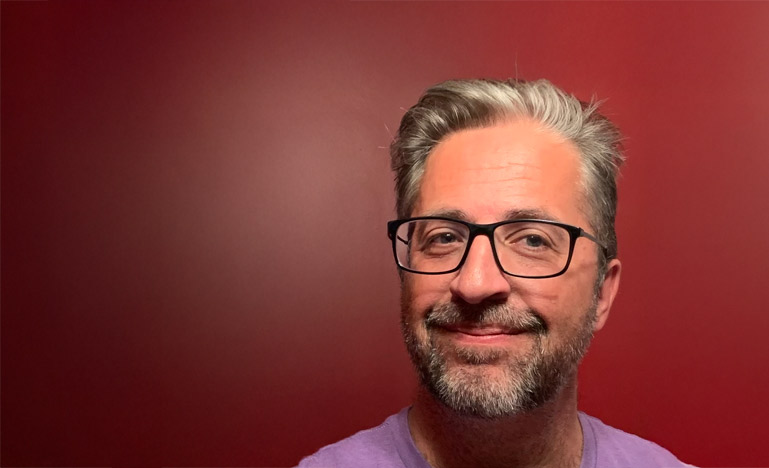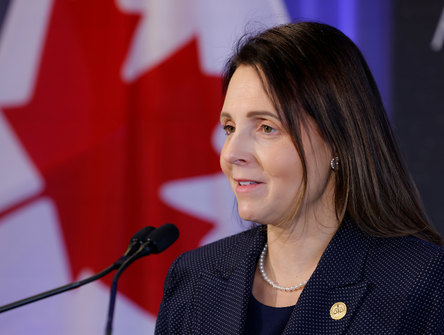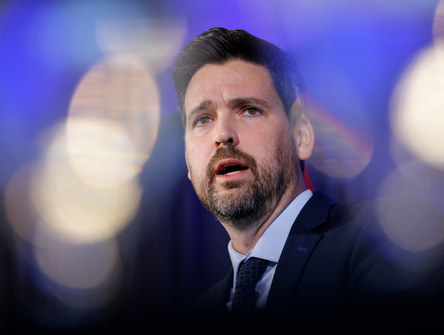Experimenting in the sandbox
Ontario Bar Association launches AI platform for lawyers to learn tech

The Ontario Bar Association has launched a new, free interactive learning platform for lawyers looking to learn about generative AI.
This comes two years after the world was introduced to OpenAI’s ChatGPT. While generative AI has become the norm, there are still plenty of questions and some confusion about the best way to use the tool.
The new learning platform, created to clarify some of that and help lawyers navigate this technology, is part of OBA’s Real Intelligence on AI project. It is being spearheaded by Colin Lachance, the association’s innovator-in-residence.
Users can ask questions to LawQI, an AI assistant specializing in Canadian law, and work through learning modules about prompt engineering, different generative AI tools and best practices. The portal is free for OBA members and Ontario law students.
“Lawyers need to know how AI works,” says Lachance, principal at PGYA Consulting and former president and CEO of the Canadian Legal Information Institute (CanLII).
“I wanted to create an environment where lawyers can experiment. By using the technology, you learn how to use it.”
Lachance approached OBA in early 2024 with a pitch to become the next innovator-in-residence and create an AI sandbox where lawyers could play with AI tools in a safe environment. He has been a key player in Canada’s legal tech market, founding the Legal Innovation Data Institute, a Canadian nonprofit organization advocating for more access to legal data, and the legal research startup Jurisage.
“There’s a lot of change going on and a lot of tech to learn,” Lachance says.
“We tell lawyers to use AI, but lawyers want to move at their own pace. We wanted to create an AI working environment to allow that.”
The OBA residency has an expert work for one year to promote an initiative. As part of that role, the innovator-in-residence, an individual or an organization, must write articles about their topic, host events and create a capstone project.
Past residents include Mante Molepo, who focused on leading the OBA’s new career accelerator program for Indigenous and racialized lawyers, and the Toronto Metropolitan University’s Legal Innovation Zone. As part of his efforts to teach lawyers about AI, Lachance hosts weekly office hours during which he invites guest experts to discuss tech trends. Those guests have included Joshua Lenon, lawyer-in-residence at Clio, legal futurist Jordan Furlong, and Cecilia Ziniti, founder of GC AI, an AI tool for in-house lawyers.
The AI sandbox is Lachance’s major project. Users can go through four portals, ranging from a beginner’s guide to generative AI and learning how to use common tools such as ChatGPT and Microsoft’s Copilot to more advanced skills such as app development. Users learn how to use generative AI by playing AI-created games meant to familiarize lawyers with the technology. There are quizzes and surveys throughout the portals as a way for the OBA to gauge how users use the platform.
The key piece is LawQI, the platform’s AI assistant. Built on Anthropic’s AI tool Claude, it provides citations for every response and its answers are given in the Canadian context. Transcripts from Lachance’s weekly chats and his articles are fed into it, along with OBA resources and text from provincial law society AI regulatory guidelines. LawQI is programmed to have the subtle tone of a Brooklyn resident (think Bugs Bunny) and ends every response with a relevant movie quote.
“I wanted to build learning resources that are directly in the environment,” Lachance says.
“It’s not enough to say go use ChatGPT. We wanted to create an AI working environment that lawyers could feel confident using. I want lawyers to know how things work under the hood so they can judge other tools as they use them.”
Lachance built the sandbox and LawIQ through a partnership with Praxis AI, a U.S. tech company focused on using AI in education. The company creates an AI assistant based on a person’s expertise. The goal is for students to use a professor’s AI assistant to answer questions outside of the classroom. Praxis AI created its first AI assistant in 2023 based on the writings and lectures of a bioinformatics and cancer researcher from Clemson University. The company is working with the University of Toronto and several other schools in the U.S.
“With large language models, the more data you have, the more generic the answers you get,” said Praxis AI CEO David Clarke at the November launch of the sandbox.
“Having a more specialized set of data, for example, Canadian law, the more context you have and less hallucinations.”
One reason Lachance sought out Praxis AI is the company’s history of working with smaller universities and colleges.
“Large law firms can afford to pay for AI training, but small and solo law firms, people in government and in-house lawyers don’t get those opportunities,” he says.
“We wanted to scale a project to provide something for everyone.”
New content will be added to the sandbox in the coming months. Lachance also hopes to add a feature where lawyers can access a digital marketplace of legal vendors to try out new tools.
“The goal is to understand what AI is capable of and how to engage with it,” he says.
“If you spend 20 minutes with this tool, you’ll be 80 percent ahead of the profession.”


